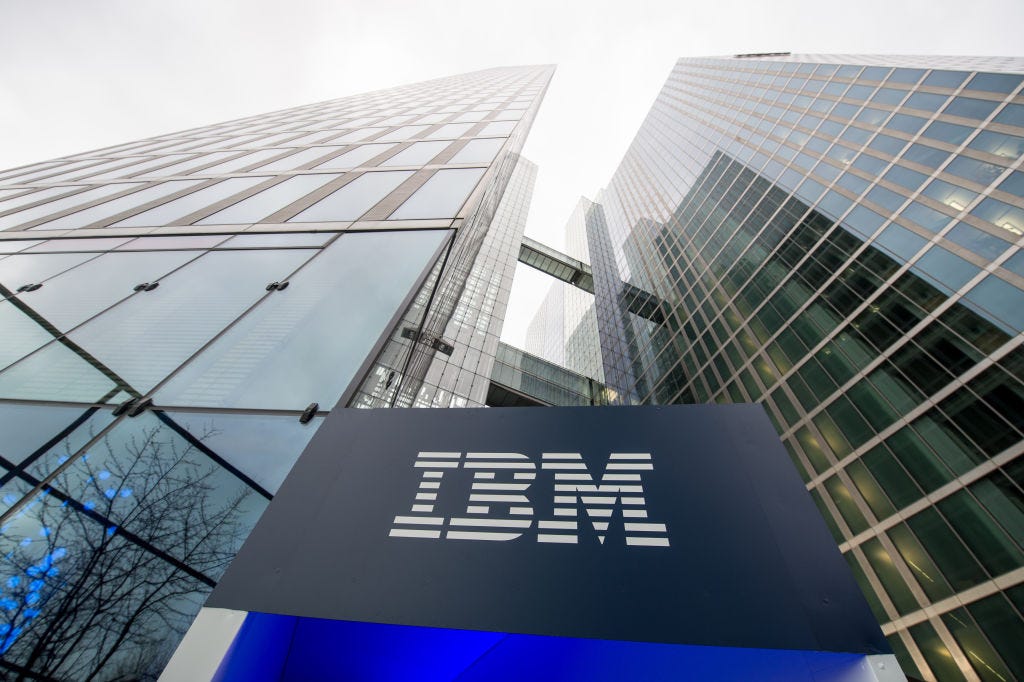There has been a huge amount of hype about what artificial intelligence could do for healthcare and vast sums of money have been invested by companies convinced they can make healthy profits from introducing AI into hospitals. One of the biggest investors has been IBM, through its Watson Health division.
Now though, the computing giant appears to be beating a retreat - and a costly one - from this field. It has announced the sale of what it describes as “healthcare data and analytics assets” from Watson Health to an investment firm Francisco Partners. No details were given of the price paid for “extensive and diverse data sets and products… and imaging software offerings” but Bloomberg reckons it was more than $1 billion. Which sounds a tidy sum - until you learn that IBM had poured $4 billion into the health division over the years
The Watson AI platform became famous in 2011 when it beat a champion player of the American TV quiz show Jeopardy. Just as when a few years later Google’s DeepMind beat a world champion Go player, sceptics asked whether mastering a game would lead on to anything profitable or useful. IBM responded by promising to deploy Watson’s question-answering skills in a number of areas - finance, law education, cookery (creating new recipes) and health.
But whereas DeepMind does appear to have moved on from games, notably with its work on protein folding which could accelerate medical research, IBM has had no standout successes with Watson. The Health division hoped to help doctors diagnose and treat patients by interrogating huge volumes of data. But so far, while Watson has had several partnerships with hospitals mainly engaged in treating cancer, there is little evidence that any of them has delivered the revolution that was promised.
If Watson was supposed to end up as the world’s smartest AI doctor, it appears to be still stuck in medical school with nobody trusting it enough to let it loose on a patient. Just as the Moorfields consultant and AI specialist Pearse Keane told me, getting from an idea to an algorithm is one thing, getting from code to clinic quite another.
What I wanted to know was how far Watson Health had got in applying AI to healthcare and what was now left of the business after the sale of key assets to Francisco Partners. I put those questions to the IBM PR department. They thanked me for “reaching out” but said there was nothing to add other than what there was in the press release.
But what IBM will want to talk about are some pretty good results for Q3 2021 with revenue growth surprising Wall Street after years of disappointment. The figures are being seen as vindication of CEO Arvind Krishna’s strategy since his arrival in 2019 of focusing on the cloud. That has meant shedding showy ventures which have garnered plenty of media coverage but delivered little for IBM’s bottom line - and that appears to include its AI health ambitions.




IBM's Blockchain division also got absorbed into the Watson division. All the promising vaporware in one place ...